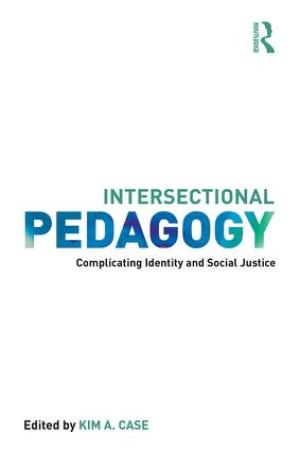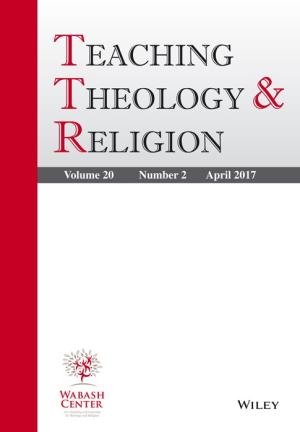Resources
From Pen America, a resource for faculty, staff, and students providing practical, principled guidance for how campuses can best remain open to all voices. Sections on resources and the law, on such issues as: Academic Freedom, Campus Climate, Discrimination & Harassment, Diversity & Inclusion, Hateful expression, Invited Speakers, and Protests on Campus.

Intersectional Pedagogy explores best practices for effective teaching and learning about intersections of identity as informed by intersectional theory. Formatted in three easy-to-follow sections, this collection explores the pedagogy of intersectionality to address lived experiences that result from privileged and oppressed identities. After an initial overview of intersectional foundations and theory, the collection offers classroom strategies and approaches for teaching and learning about intersectionality and social justice. With contributions from scholars in education, psychology, sociology and women’s studies, Intersectional Pedagogy include a range of disciplinary perspectives and evidence-based pedagogy. (From the Publisher)
A non-partisan collaborative of more than 2,500 professors, administrators, and graduate students committed to enhancing the quality and impact of research — and improving education — by promoting open inquiry, viewpoint diversity, and constructive disagreement in institutions of higher learning. In order to address society’s most intractable problems, learners must weave together the best ideas from a range of perspectives. In many fields, scholars’ backgrounds and commitments are insufficiently diverse. As a result, important questions and ideas may go unexplored, key assumptions can go unchallenged, and the natural human tendencies towards motivated reasoning, confirmation bias, and tribalism can go unchecked. As a collaborative of academic insiders, we are deeply committed to the continued flourishing of colleges and universities — and deeply concerned about the current state of affairs, which is not sustainable. We aspire to help chart a different path forward by:
• Increasing public awareness of these issues, to spur action among faculty, staff, students, alumni and donors;
• Conducting, disseminating and facilitating research to better understand the nature of the challenges facing institutions of higher learning — and how they can be effectively addressed;
• Developing tools and resources that professors, administrators, and others can deploy to assess and then improve their own pedagogical, disciplinary and broader campus cultures;
